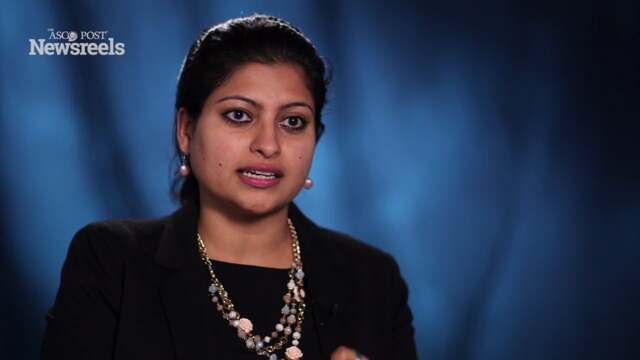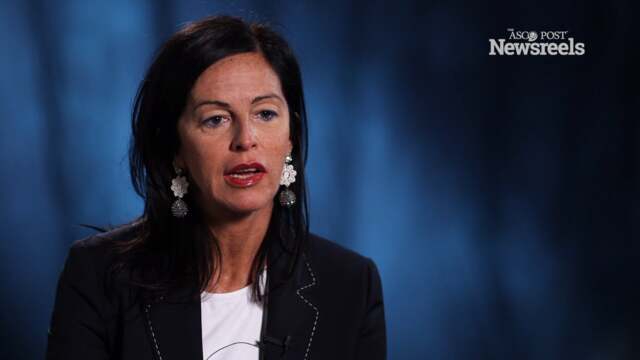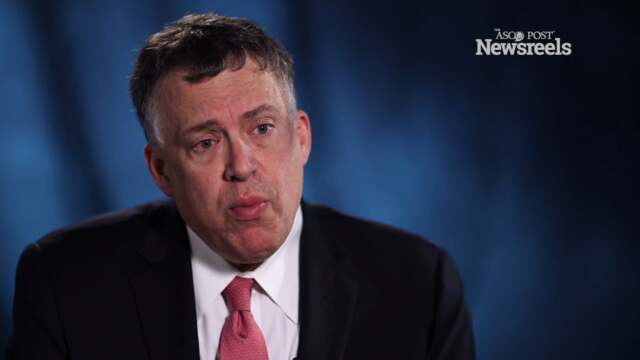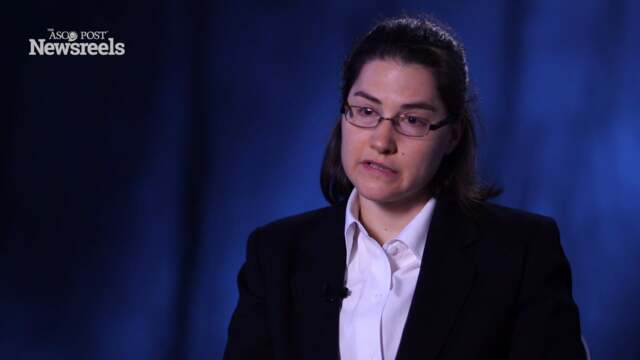Tony Mok, MD, and Fred R. Hirsch, MD, PhD: Summary of the IASLC Presidential Symposium
2015 IASLC World Conference on Lung Cancer
Tony Mok, MD, of The Chinese University of Hong Kong, and Fred R. Hirsch, MD, PhD, of University of Colorado Health Science Center discuss the highlights of the featured plenary session, which included the conference’s top four abstracts (Abstract PLEN04).
Guneet Walia, PhD
Guneet Walia, PhD, of the Lung Cancer Foundation, summarizes some key presentations: bridging the quality chasm, patients’ attitudes and physicians’ perceptions on maintenance therapy, and patient advocacy.
Silvia Novello, MD, PhD
Silvia Novello, MD, PhD, of the University of Turin, discusses a much-neglected aspect of lung cancer: It is not just the province of men; women are affected in great numbers as well.
Roy S. Herbst, MD, PhD
Roy S. Herbst, MD, PhD, of the Smilow Cancer Hospital at Yale Cancer Center, discusses his findings of a phase III study comparing carboplatin/paclitaxel or carboplatin/paclitaxel/bevacizumab with or without concurrent cetuximab in advanced non–small cell lung cancer (Abstract PLEN04.01).
Lorraine Cheryl Pelosof, MD, PhD
Lorraine Cheryl Pelosof, MD, PhD, of UT Southwestern Medical Center, discusses her study findings, which demonstrate an increasing proportion of never-smokers among patients with non–small cell lung cancer (Abstract ORAL 22.01).
Fred R. Hirsch, MD, PhD and Paul A. Bunn, Jr., MD
Fred R. Hirsch, MD, PhD, of the University of Colorado Health Science Center, and Paul A. Bunn, Jr, MD, of the University of Colorado Cancer Center, give their views on the goals and important presentations of the 2015 World Conference on Lung Cancer.





